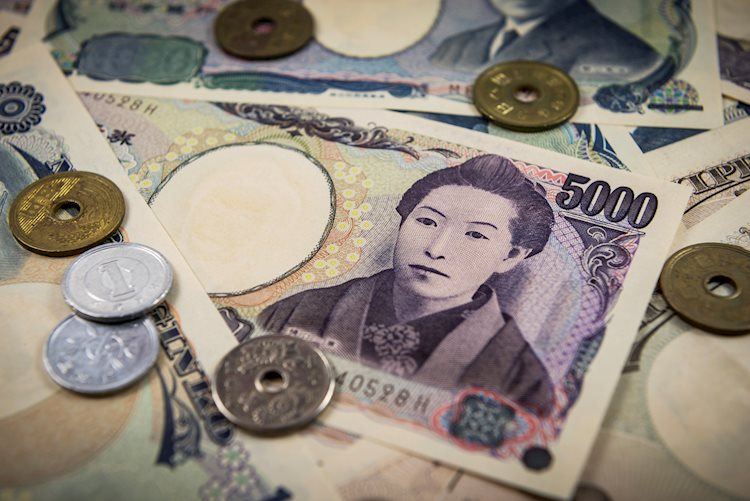The Japanese Yen (JPY) has seen a rise for the second day in a row against the US Dollar amid fears of intervention and geopolitical tensions. The JPY has been supported by comments from Japanese officials warning against speculative moves in the FX market. The current uncertainties surrounding a possible rate hike by the Bank of Japan (BoJ) and Japan’s upcoming snap general election may limit the JPY’s gains. Meanwhile, the US Dollar remains strong near a seven-week high due to positive US jobs data and reduced expectations for a large interest rate cut by the Federal Reserve (Fed) in November.
The Japanese government has hinted at possible intervention to support the Yen, while concerns about escalating Middle East tensions have pushed investors towards safe-haven assets like the JPY. Recent developments, such as Hezbollah firing rockets at Israel and Israel launching retaliatory strikes in Lebanon, have added to geopolitical jitters. Additionally, comments from Japan’s Prime Minister questioning the possibility of further rate increases and uncertainties surrounding the general elections might hinder the JPY’s strength and provide support for the USD/JPY pair in the short term. Traders are keeping an eye on key US economic data like the FOMC minutes and consumer inflation figures for further direction.
From a technical standpoint, the USD/JPY pair’s recent breakthrough of key levels and positive momentum suggest a bullish outlook. Any potential dips in the pair could offer buying opportunities, with a key pivotal point near the 147.00 mark. Conversely, a sustained move above the 148.00 level could lead to further upside towards the 149.00 psychological level. Resilient technical support and potential buying momentum indicate a favorable setup for the emergence of dip-buying at lower levels in the USD/JPY pair.
The Japanese Yen’s value is influenced by various factors, including the performance of the Japanese economy, Bank of Japan’s policy decisions, bond yield differentials between Japan and the US, risk sentiment among traders, and geopolitical events. The BoJ’s history of currency interventions has impacted the Yen’s value, with the central bank’s ultra-loose monetary policy from 2013 to 2024 contributing to depreciation against other major currencies. Recent policy adjustments and interest rate cuts by central banks are narrowing the policy divergence that favored the US Dollar over the Japanese Yen in the past decade.
Known as a safe-haven investment, the Japanese Yen tends to strengthen during times of market turmoil as investors seek stability. This perception of reliability during turbulent times leads investors to shift towards the JPY, making it a preferred choice for risk-averse traders. The JPY’s safe-haven status, combined with ongoing geopolitical tensions and uncertainties surrounding central bank policies, will continue to influence its value in the global foreign exchange markets.










